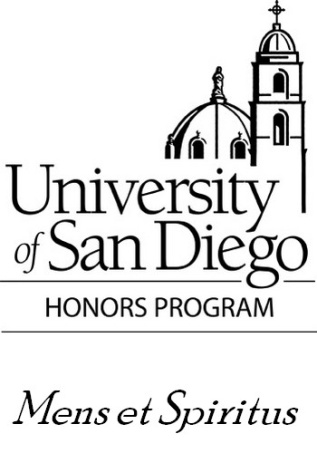Date of Award
Spring 5-4-2024
Document Type
Undergraduate Honors Thesis
Degree Name
Bachelor of Arts in Biology
Department
Biology
Advisor
Dr. Cawa Tran, PhD
Abstract
The warming of ocean temperatures has caused mass coral-bleaching events characterized by the expulsion of vital algal symbionts from coral tissues. However, the possibility of algal reuptake and existence of bacteria that support coral-algal symbiosis are two avenues of potential restoration efforts. Using the sea anemone Exaiptasia diaphana as a model for corals, I tested whether the coral-benefitting bacterium Endozoicomonas montiporae could enhance algal uptake under ambient (27°C) and heat-stressed (32°C) conditions. I then turned acquired results into an article modeled after National Geographic Kids to introduce the experiment to younger ages. While temperature was a larger determinant of algal-uptake success, microscopic imaging showed heat-stressed anemones with the addition of E. montiporae to have visibly more algal density in their tissues than those without the bacterium. These results suggest that administration of E. montiporae to corals may assist their algal reuptake before they bleach completely. By making such work accessible to children and students of younger ages, an early interest in scientific inquiry and climate preservation can be inspired.
Digital USD Citation
Eshraghi, Navah, "Beating the Heat: The Use of Coral-Benefitting Bacteria for Heat-Stressed Anemones and Inspiring Future Biologists" (2024). Undergraduate Honors Theses. 127.
https://digital.sandiego.edu/honors_theses/127
Copyright
Copyright held by the author
Included in
Biology Commons, Early Childhood Education Commons, Ecology and Evolutionary Biology Commons, Elementary Education Commons, Marine Biology Commons


